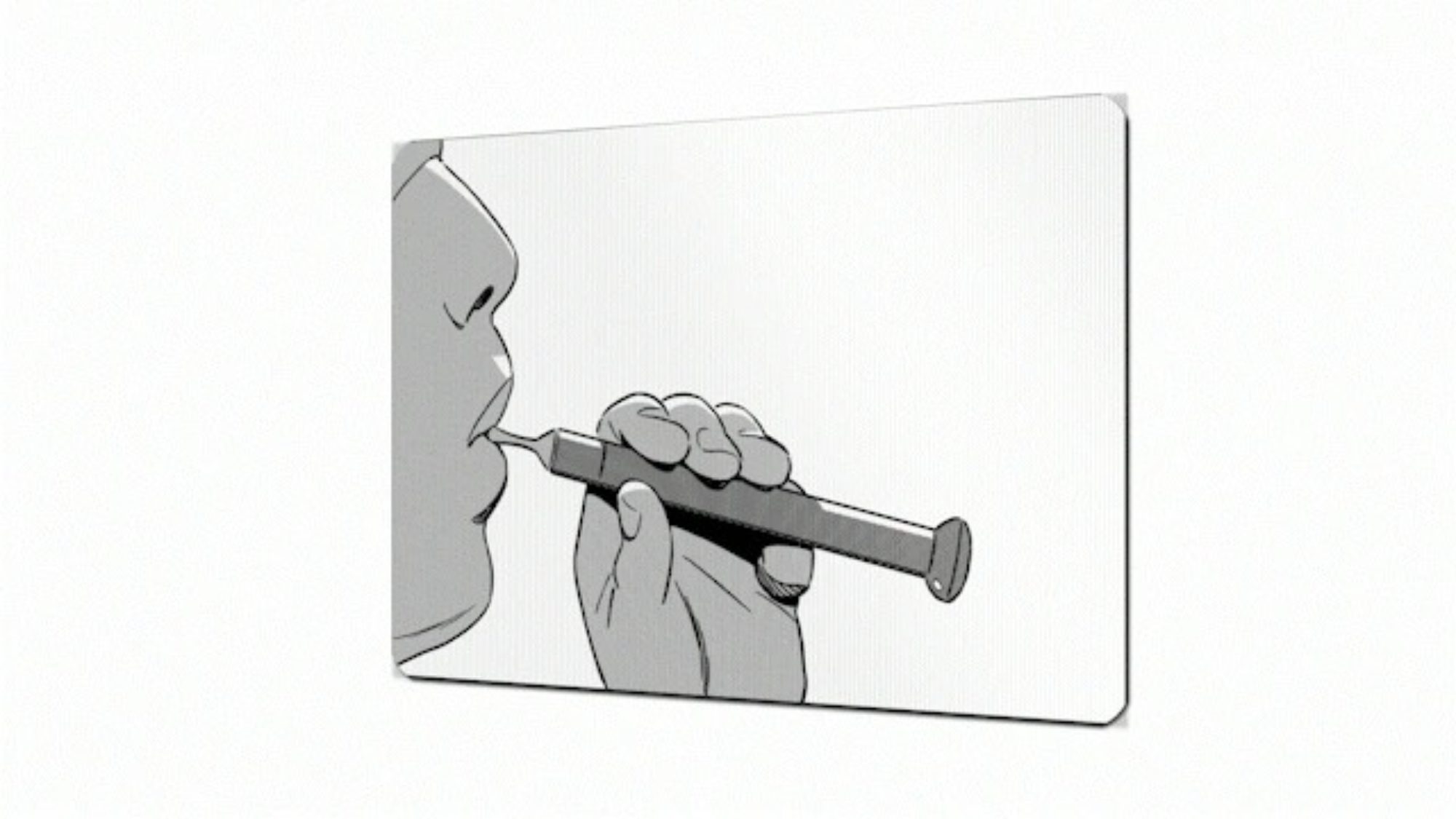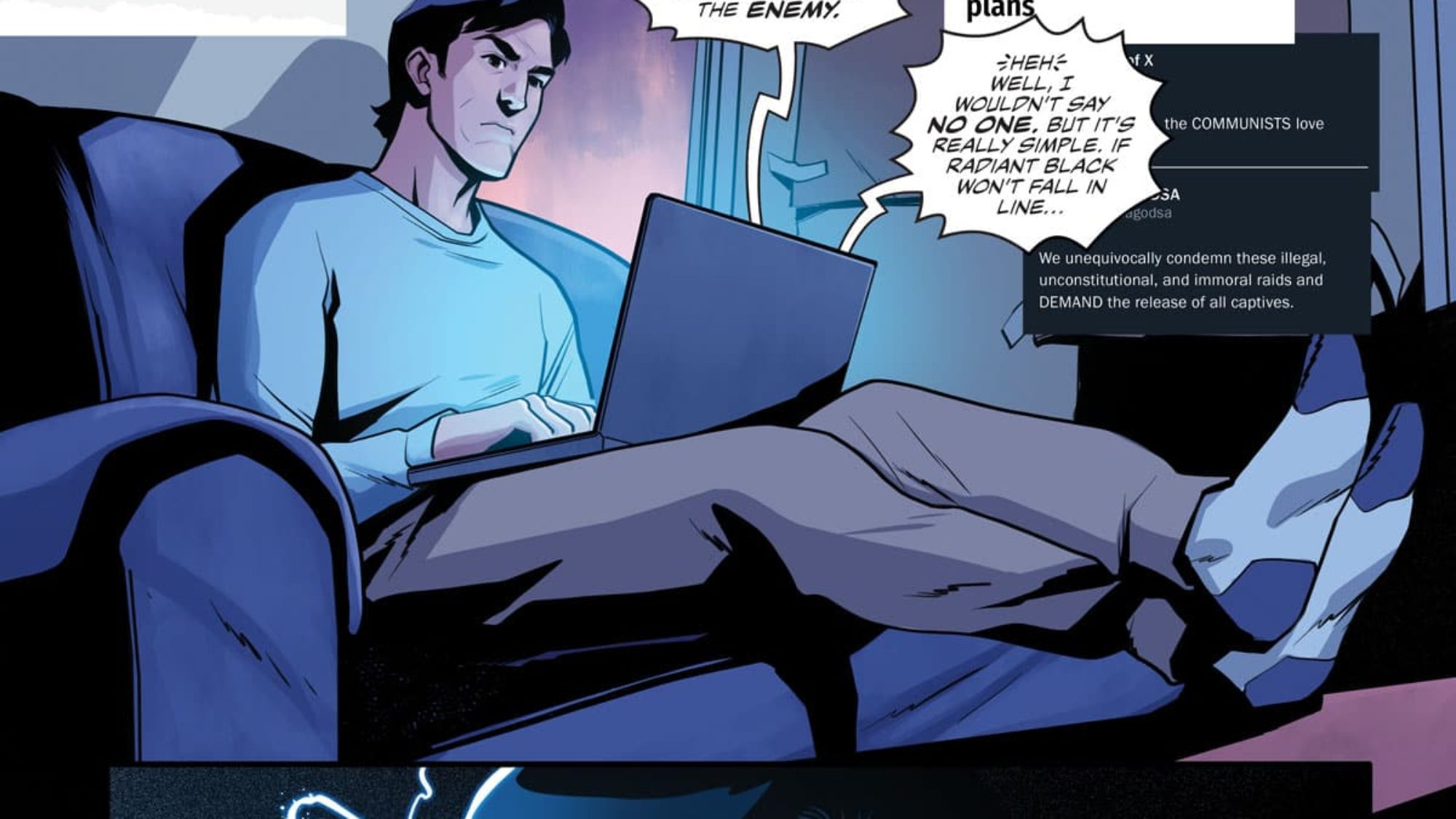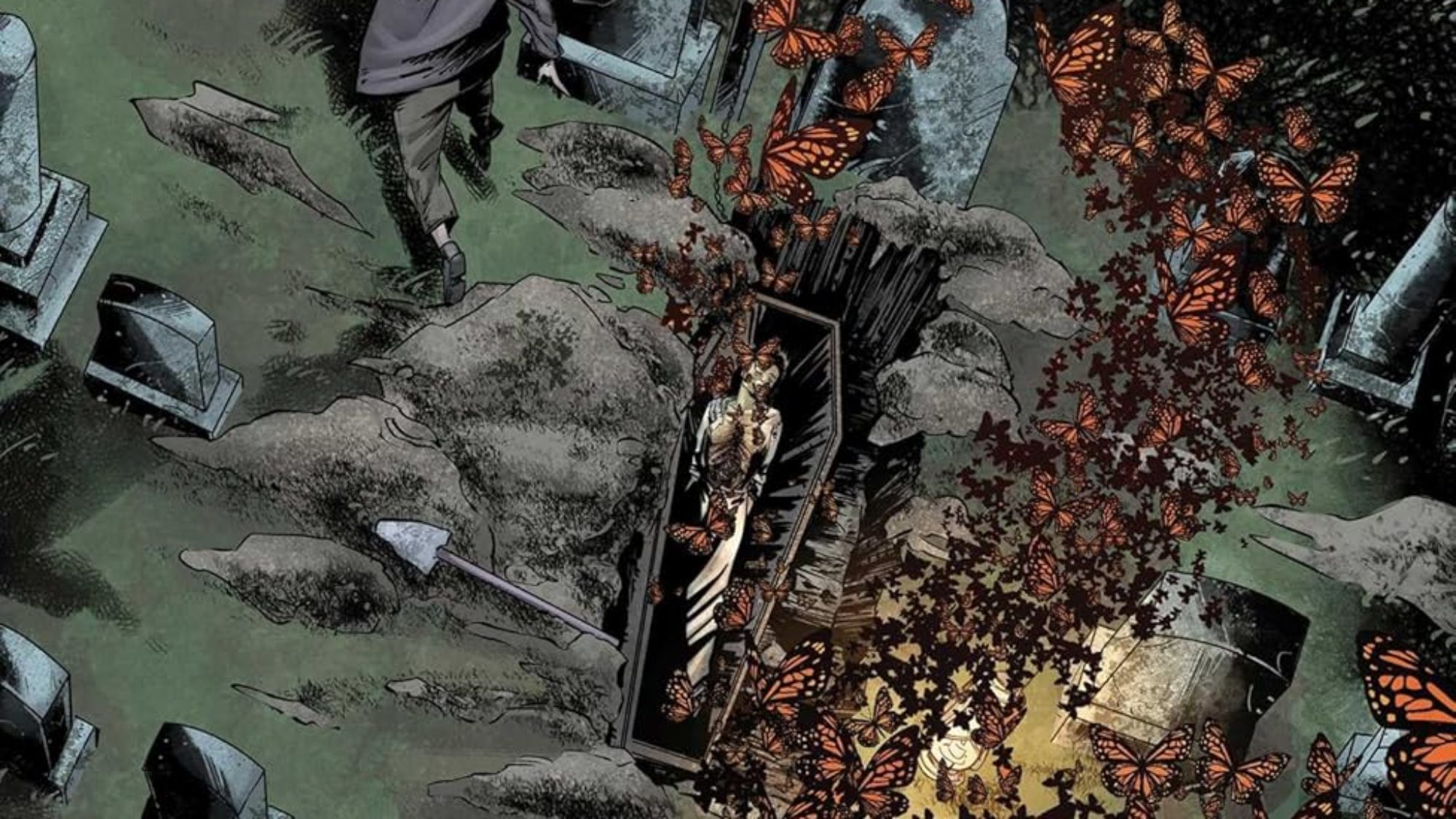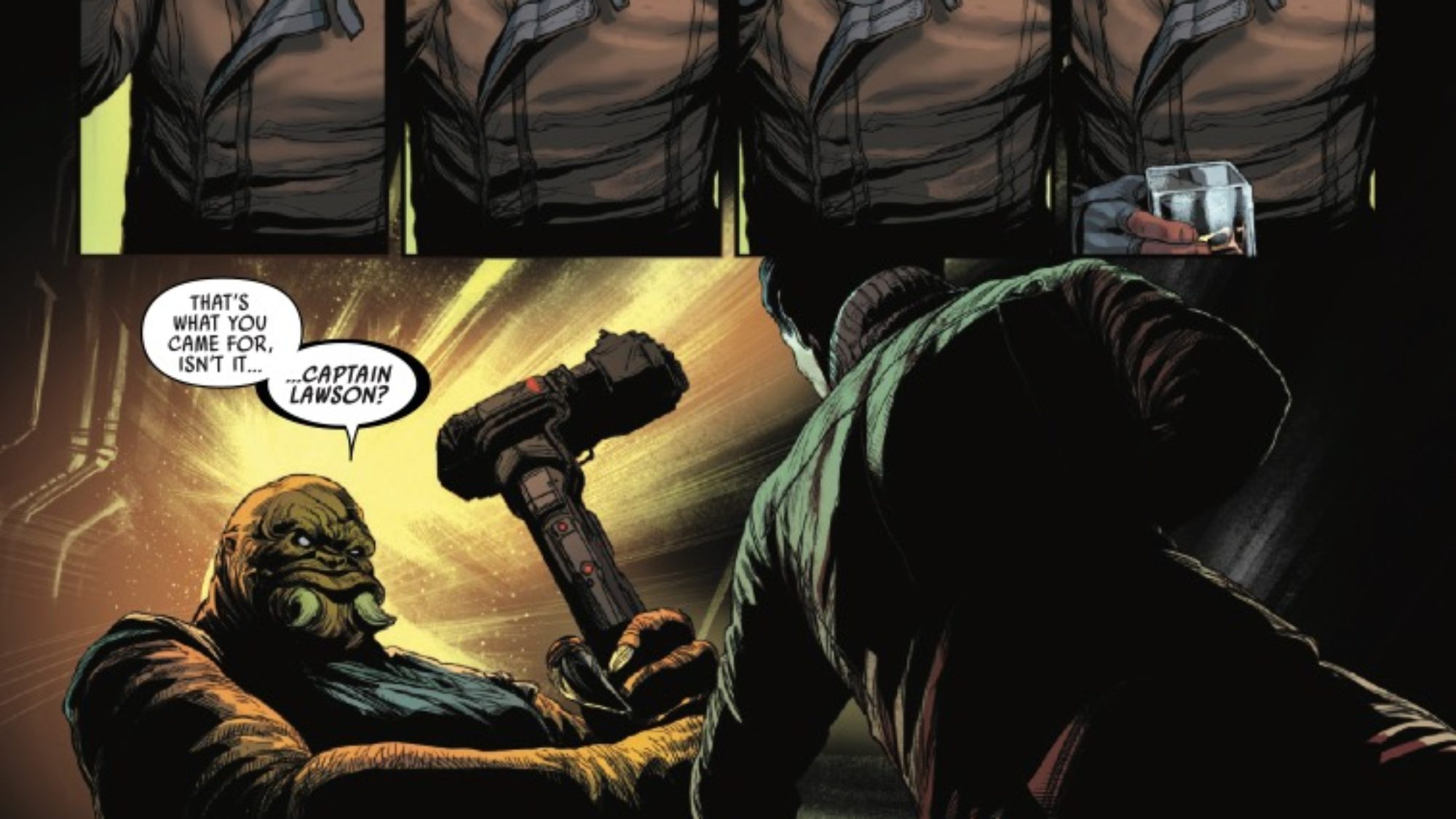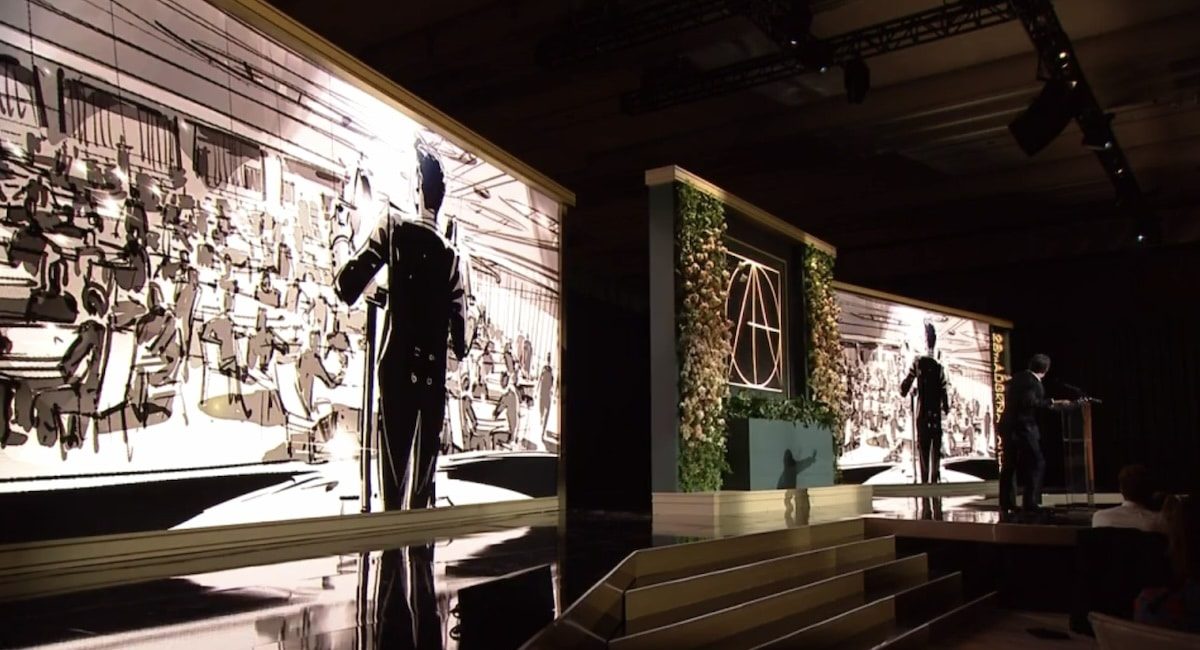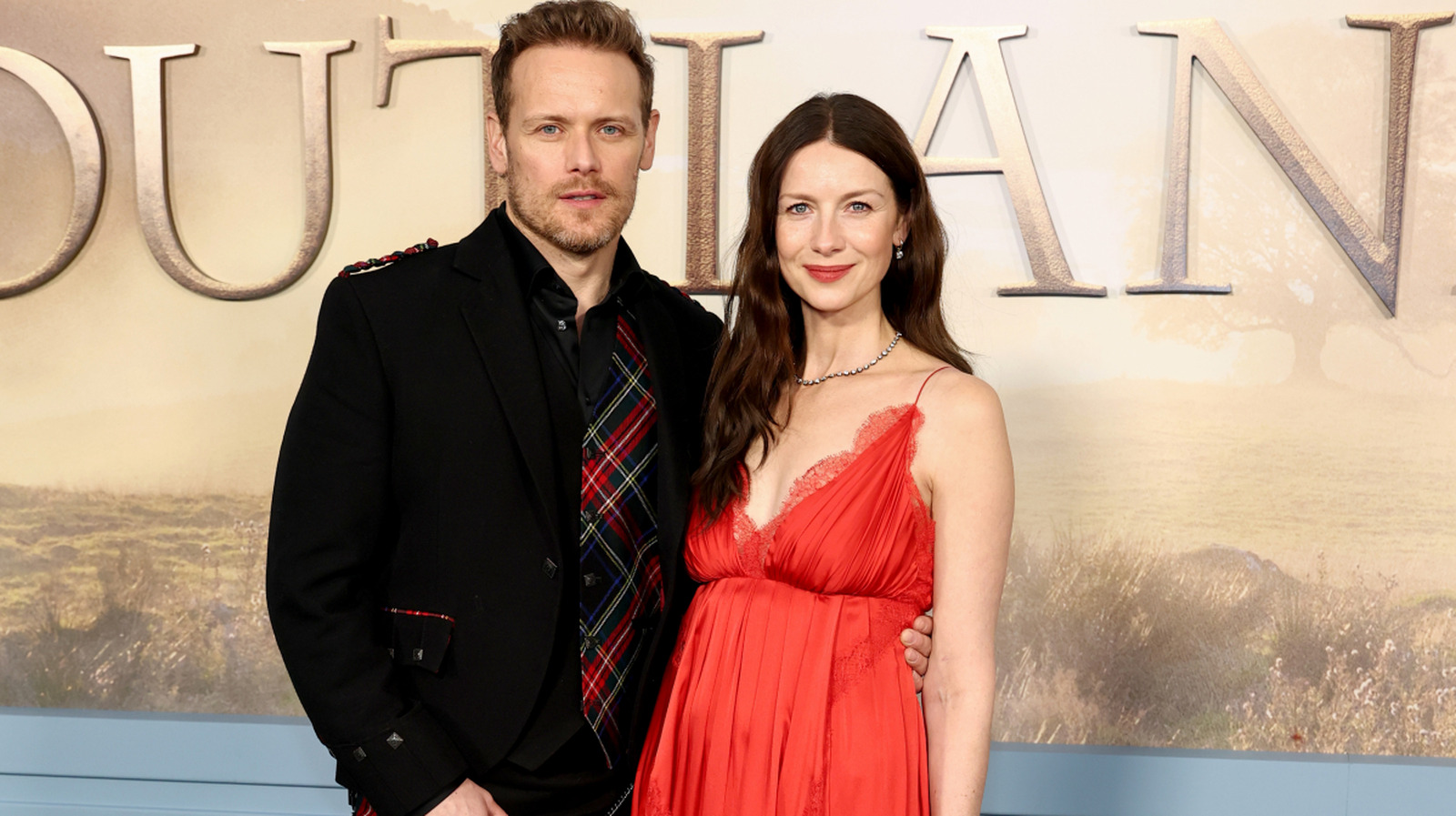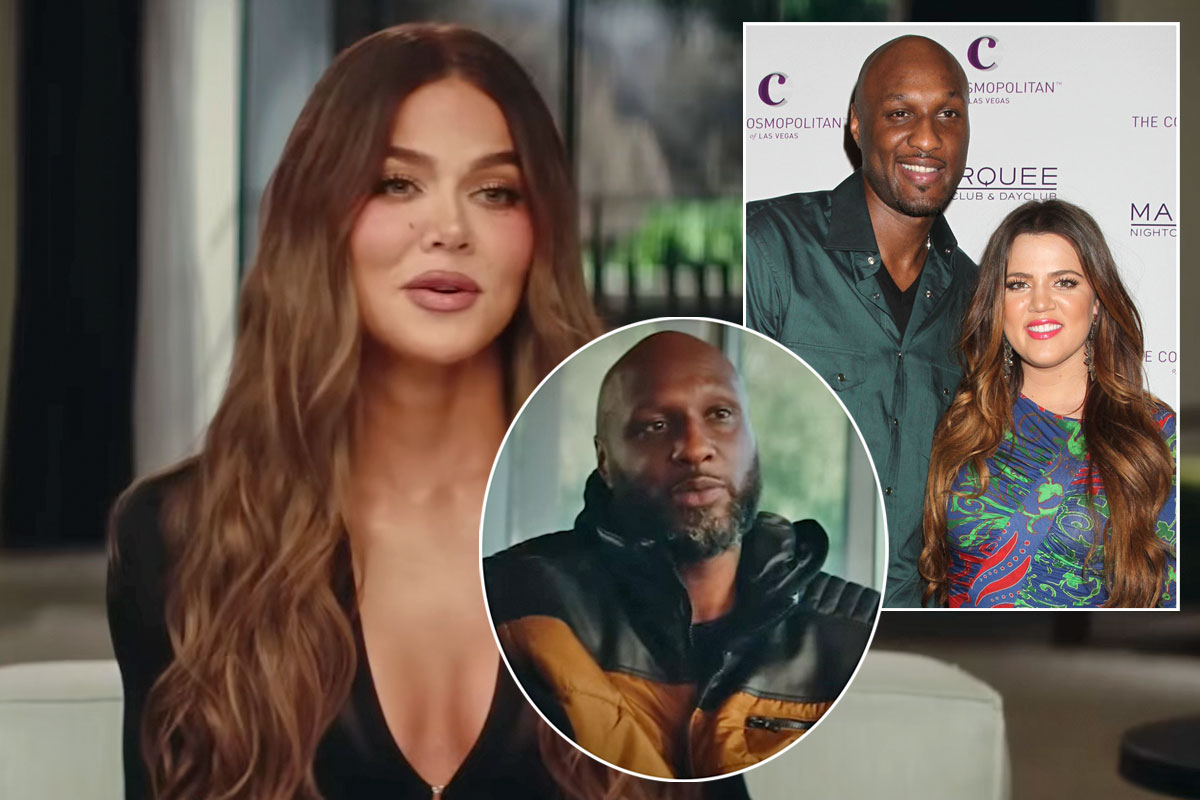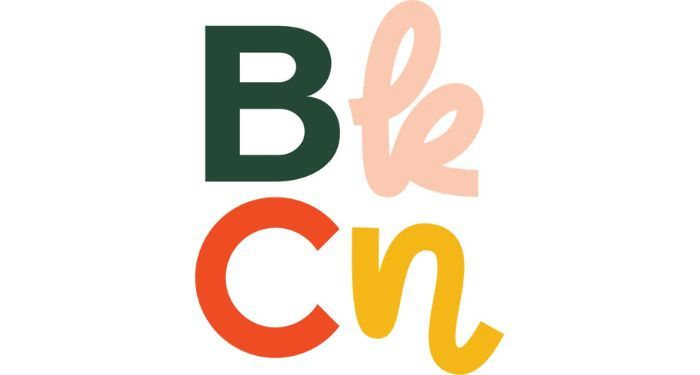Before we begin, you should know that everything that will be written in this column is based on actual, and often at times, unbelievable events. Biased ones that are representative of my viewpoints and personal life history and experiences, none of which all, are a reflection of opinions held by the other staff or my bosses on The Beat.
The point of this new column is to create a place for me to talk about stories, business trends, and histories without as much scrutiny. To speak about the harsh reality of our times as we enter a strange age of disinformation. Why on a comic book website is simple – it’s punk, it’s underground, and niche – plus, stories are where the ideas of change often begin.
Moments earlier, Facebook itself just ended third-party fact-checking in attempts to mimic Twitter (currently known as X) and be light on political fact-checking. Google search has become increasingly unreliable on its front page results, and worst, are the chat-GPT gen-AI summaries that often make up information all the time. So the strange way forward is to build a relationship of trust. That you know that I am a journalist, but also a human being, rife with biases, stories, and flaws that make me relatable and not necessarily pushing some ‘agenda’, even though by nature of the 21st century ‘influencer media’ we’ve created, I most certainly am. At least, until I am inevitably undone by the skeletons hidden away in my closet much like every other Mr. Beast type of influencer.
As Bob Dylan once sang in a Scotish/Irish Ballad themed anthem reflective of the Civil Rights movement, These Times They are A-Changin’. What’s strange is how obvious it is to me that we’re in the thick of it now. What I think is more of a problem is the disconnect between digital and self-actualized reality. How everything can change in an instant and the foolish notion that I’m betting on that this form of media. The newsletter. The direct source of information in a blog, will make a comeback the worse everything in our country gets… as I believe it will very soon.
In high school, I had this friend who was about as straight-edge as they come—squeaky clean, no vices, the poster child for self-control. Until, that is, one fateful night when a few buddies and I dragged him to a Parliament Funkadelic concert at the Starland Ballroom in New Jersey.
The place was a sensory overload: neon lights pulsing like a fever dream, the bassline reverberating in our bones, and the unmistakable haze of “good vibes” hanging in the air. My friend, being the innocent, ignorant little lamb that he was, choose to sit in the back of the concert hall. And in listening to the meandering guitar solos of the song Maggot Brain rottening the air with its psychedelic Jimmy Hendrix-inspired ideas, him staying out of it ironically spelled out game over for my friend. He proceeded to get accidentally and surreptitiously high off the secondhand smoke vapors pooling in the back of the venue hall, where that meandering, soul-ripping guitar solo oozed through him now like smoke from a cosmic fire. It was the kind of sound that peeled open your brain and let the maggots of the universe crawl in. Where somewhere in the middle of all that, my friend succumbed to an extreme secondhand high.
He couldn’t stay standing by the end of the song. His body was drenched in sweat and, let’s just say, other fluids, as he muttered incoherently about voices speaking in reverse. We had to haul him out early, ragdolling him into the backseat of the car. And that’s when he dropped his “profound” realization. Through a haze of terror and existential dread, he kept repeating: “There is no God, and we’re all going to die.”
He said it like he’d unlocked some hidden secret of the cosmos. To him, it was a groundbreaking epiphany of sorts, this idea that suffering for our beliefs, striving for greatness, or trying to be more than you are was all meaningless. “So why bother?” he asked. “Why try to be special at all? Just do what makes you happy and the universe will follow.”
Nineteen-year-old me, ever the cocky smartass, couldn’t resist a comeback. “Congratulations,” I said, with all the wisdom I thought I had. “You’ve just discovered Buddha’s teachings. He figured that out thousands of years ago!”
The irony wasn’t lost on me later, of course—my desperate need to seem enlightened while he, blitzed out of his mind, had stumbled onto something raw and universal. Not the proselytization (I’m not a staunch Athiest, as toxic Richard Dawkins extremists made my life hell in Academia, I’m more of an Agnostic Theist) on faith or a hereby lack of, but rather, the intention: the pursuit of happiness and the belief that the universal will follow.
The acclaimed writer Mark Twain once said, “There is no such thing as an original idea.” And the older I get, the more I see its truth in the universality of just about everything. Originality isn’t about inventing entirely new concepts. Just look at every new iPhone, Diet Coke Zero, or a relaunch of a superhero comic. What’s original is in creating our unique imprint on the familiar. This applies not only to storytelling but also, to the broader human experience, including our contemplation of these so-called “unprecedented times” of today.
I believe the problems occurring in the world are a fundamental misunderstanding of history. I believe the quality in our storytelling has greatly suffered, and will only get worse, because we stopped speaking about things that matter and started obsessing over the things distracting us of our problems of today.
Replace the word billionaire with the word Emperor, and how many allegories can we make to the decline of the Roman empire or the end of a Chinese dynasty. While the specifics vary, these patterns are all too eerily familiar to our longstanding history. It’s the cyclicality of human nature on repeat. Just now, the stakes are feeling bigger thanks to a globalized interconnected world co-dependent on one another.
Consider the current AI boom impacting almost every industry. Hailed as a transformative force, it echoes the heady days of the dot-com bubble, when new websites promised the worldly disruption of how we do business in the internet age that then delivered… Well, a whole lot of nothing. Most of them anyway. After failing to produce anything of note after burning through most of their venture capital many of these companies went bankrupt and became forgotten to the throes of history. Which echoes a lot of what I’m seeing with a lot of AI ventures today (it’s just taking longer as some of these core 10 companies have a lot of extra capital invested).
How about the global military tensions around the world? Conflicts believed that could escalate into a third world war. Yet, these battles mirror many of the proxy battles of the Cold War. Battles fought in Korea, Vietnam, Afghanistan, Congo, and Cuba. These conflicts shaped the second half of the 20th century with fears that it would, at any moment, set off an unprecedented barrage of nuclear arms, enough nukes to destroy the world five times over before covering the world in a vast nuclear winter colder than the ice age. The end game.
These fears of a global war escalation to our own extinction are just a return to an age-old playbook. These issues are not original problems – just ones that, much like polio thanks to our sudden fear of vaccinations, have returned in due thanks to a large fault of our own actions and impassivity. And more importantly, distrust with those in authority. Themes that existed in the classic graphic novel WATCHMEN by Alan Moore that I think resonate with us even today.
History doesn’t just repeat itself—it evolves, adapting familiar challenges to new contexts. And just as in storytelling, the recurring nature of these events doesn’t diminish its importance. These conflicts are serious. A new face of a same problem…
What matters then is how we respond to it in the world today.
And therein lies the connection between history, storytelling, and the creative process, and truly, what I’m all about as a journalist and as a storyteller. The truth is the building blocks of the human experience and creativity have remained exactly the same: it’s the perspective, voice, and vision of the individual. A person(s) of this era that will transform them into something meaningful. Something magical. And through that weaving of these ideas, inspires a call to action and change.
Originality then doesn’t lie in new ideas but in the personal marks we make and leave as an impact. Yes, stories will recycle familiar themes—love, conflict, triumph, loss—because these values reflect the shared roots of the human experience. But what makes them extraordinary is how they’re assembled, the distinct fingerprints of the storyteller who dares to shape them anew. After all, no two snowflakes are alike. So true does the same hold for stories.
The hero’s journey, for those unfamiliar, though I doubt you’re never heard it as a comic book reader, is described by Joseph Campbell was a way of calling out patterns in mythology in as much as it was to figure out patterns in the human psyche. So while the structural patterns of Monomyths have been used and abused throughout Hollywood epics and Comics, it was always meant to serve as a framework, not a limitation. This structure—departure, initiation, and return—is meant to serve as a canvas, and what brings it to life is the storyteller’s unique perspective. It’s about the cultural context they draw from. The personal truths they embed within it.
The same applies to our comparison of history. How everything that we’re struggling with at this moment is just repeats of old patterns manifested anew. These “unprecedented times” aren’t so unprecedented after all. They are but another iteration of this cycle, shaped by the decisions and imprints of those who lived before us. And the inability to look for a new and better way…
The question is then what ideas can get us to change who we are as a society? How do we remind ourselves of the marks we leave behind? And better yet, how will we use the lessons of history to break the cycle, to transcend the patterns, to build something better?
This is the mission of this Monomythic column: to explore these universal patterns and truths—in storytelling, in history, and in human nature itself, through the lens of analyzing Campbellian Monomythic structures in fiction and in comics. I want to illuminate the patterns that I see in our everyday lives. And hopefully, share with you, a better understanding of the cyclical nature of our challenges and triumphs ahead, to show how we can draw inspiration from the past to prepare for our recurring future.
So whether you’re crafting a novel, leading a movement, or simply navigating your own personal life’s journey, I need to emphasize on the echos of the past and why your voice matters. And even if every story has been told… it hasn’t been told your way. So let’s explore what this means, together.
If this great change is to happen then the cycle has to break its patterns. And heck, if last year Spider-Man and MJ could be happily married again and Batman can now exist without all of his money – well gosh darn it, anything is possible!
Look, I’m not the person necessarily leading a charge on how to do it. I’m just here to call the cycle what it is, so maybe you can find a better way. This is Monomythic. An exploration on the strangely cyclical patterns reoccur in our human experience.
Next week, I’m going to do something very stupid and talk very openly about myself and my background and defend why I’m “a real journalist” against my many naysayers, but also, give some context as to where my background of experience comes from, before getting into some business and story analysis which is what you’re likely here to read.

